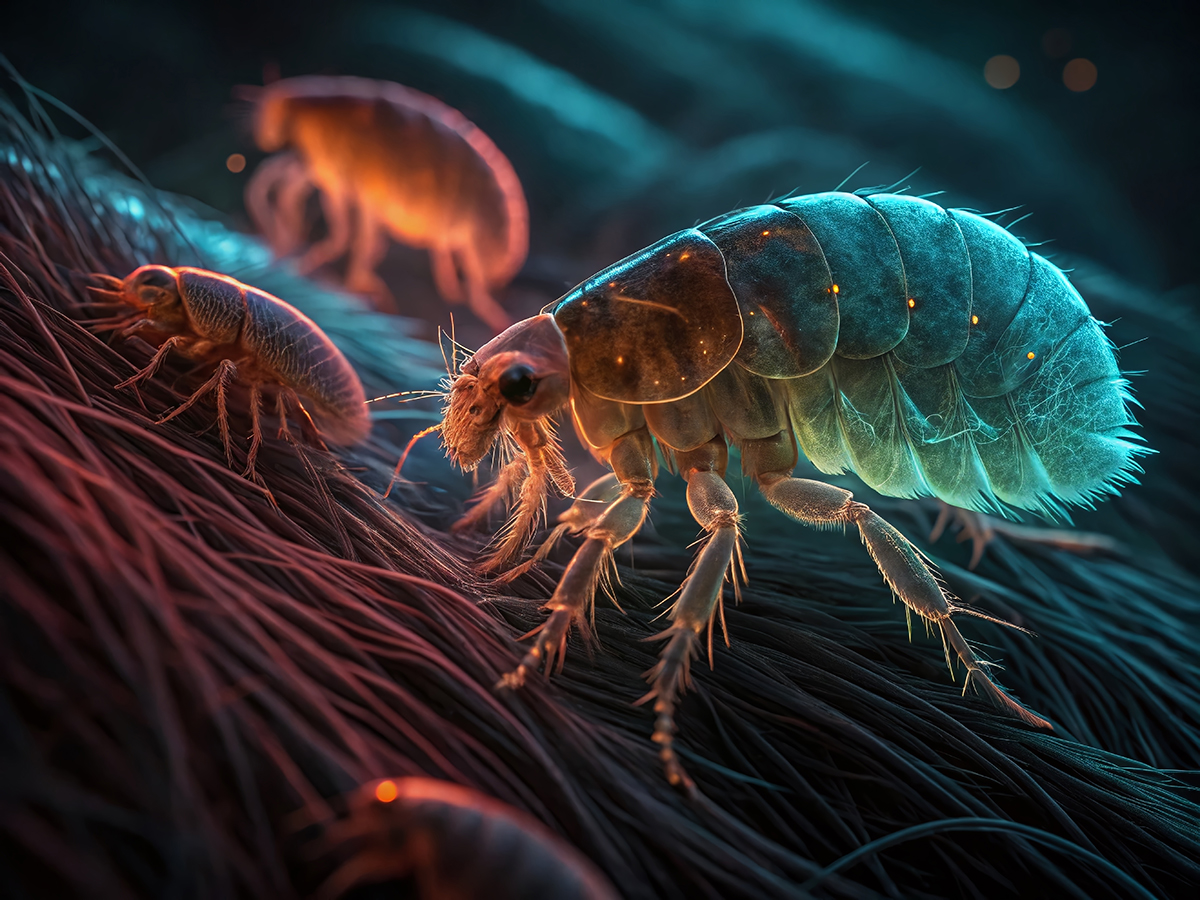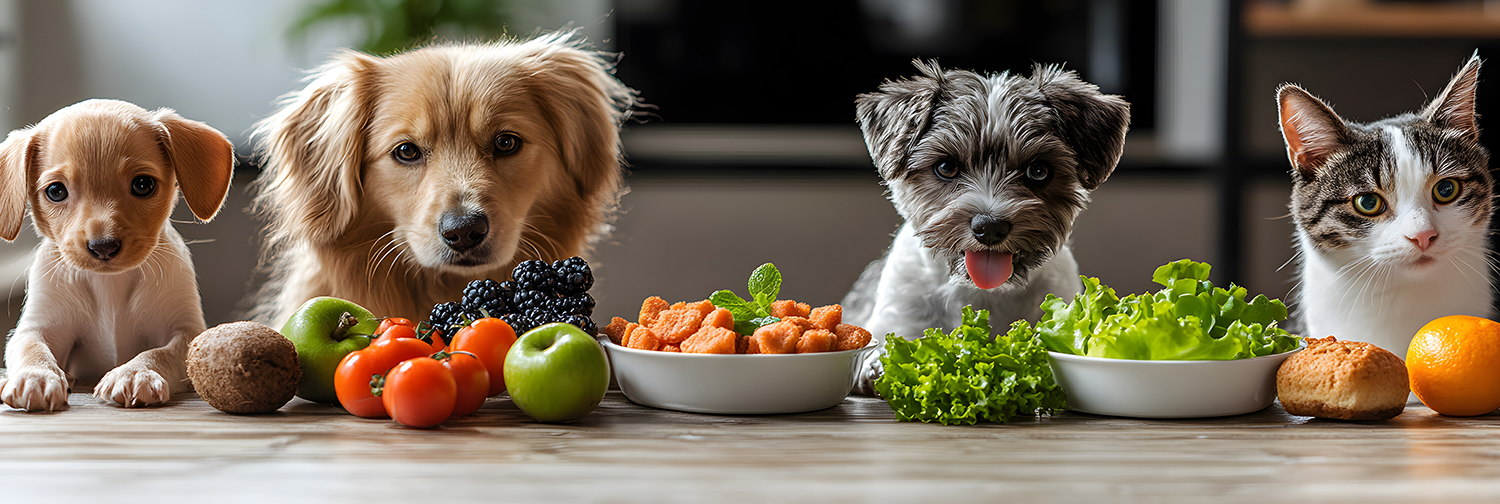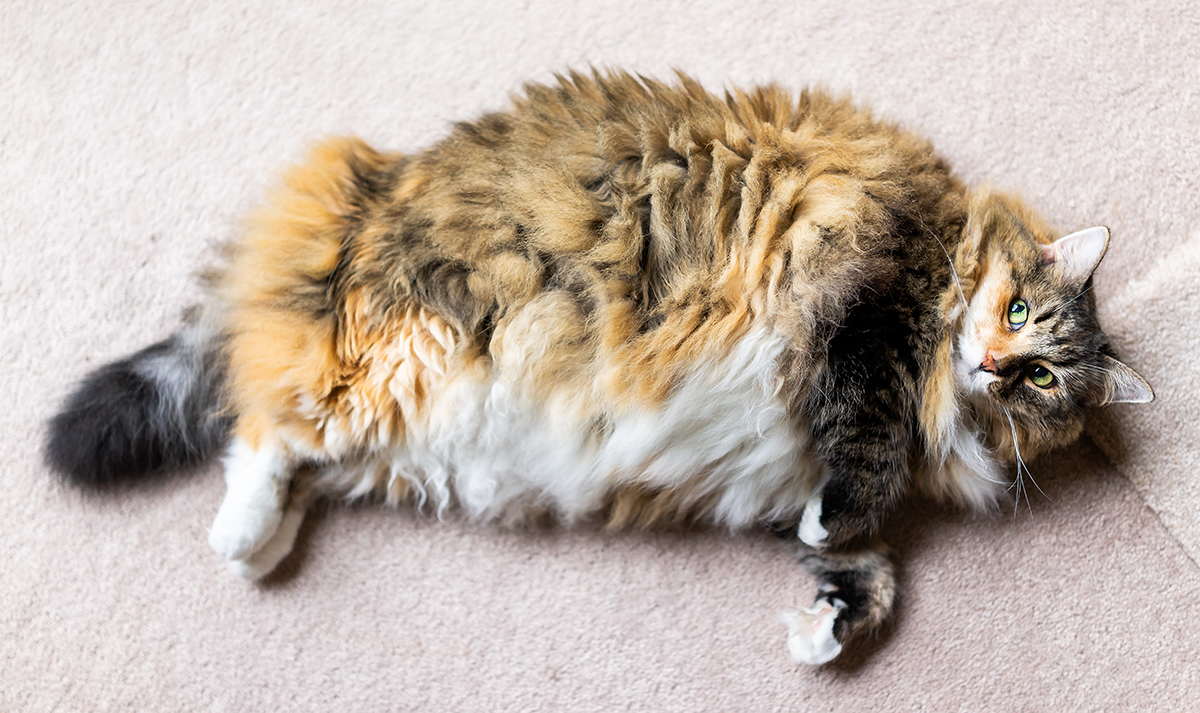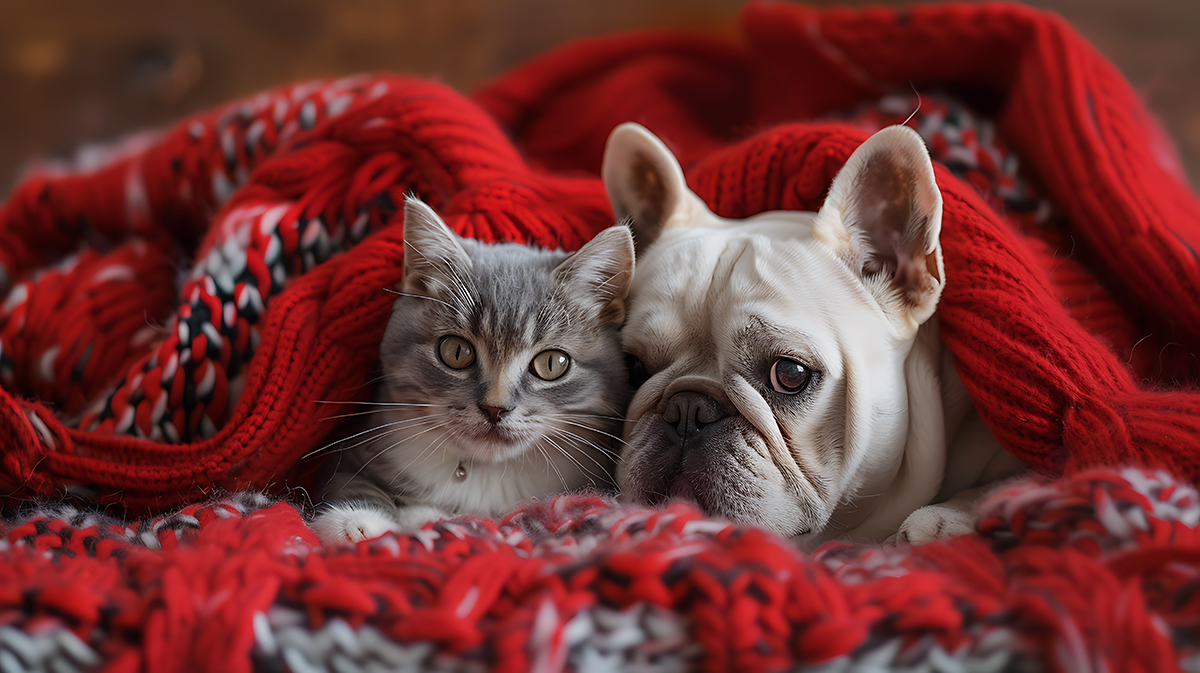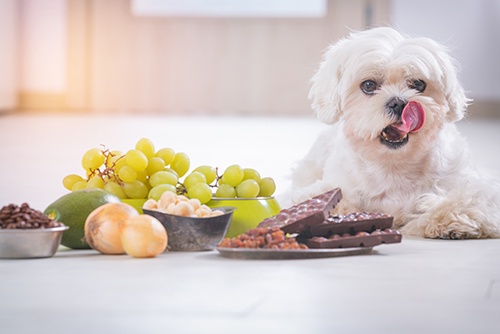 When it comes to pet safety and poisonous substances, pet owners should think of their pets in the same way they would a toddler. Everything that is dangerous that they can chew, lick, spill or touch should be kept securely out-of-reach. Each year, the ASPCA Animal Poison Control Center manages more than 180,000 cases of accidental poisoning. In most cases, activation time from exposure to, or ingestion of a poison is not immediate, so the pet owner may not suspect that their pet is in danger or distress, particularly if they did not actually witness the deed. Dr. Whitworth advises that if you notice your pet walking strangely, consuming greater than usual amounts of water, panting, drooling or foaming at the mouth, experiencing tremors, vomiting or diarrhea, or any behaviors that seem abnormal, contact Whitworth Animal Clinic, providing emergency care veterinary services to pets from Madison, Huntsville, and the surrounding Madison County areas, immediately.
When it comes to pet safety and poisonous substances, pet owners should think of their pets in the same way they would a toddler. Everything that is dangerous that they can chew, lick, spill or touch should be kept securely out-of-reach. Each year, the ASPCA Animal Poison Control Center manages more than 180,000 cases of accidental poisoning. In most cases, activation time from exposure to, or ingestion of a poison is not immediate, so the pet owner may not suspect that their pet is in danger or distress, particularly if they did not actually witness the deed. Dr. Whitworth advises that if you notice your pet walking strangely, consuming greater than usual amounts of water, panting, drooling or foaming at the mouth, experiencing tremors, vomiting or diarrhea, or any behaviors that seem abnormal, contact Whitworth Animal Clinic, providing emergency care veterinary services to pets from Madison, Huntsville, and the surrounding Madison County areas, immediately.
Pet Poison Prevention Awareness is highlighted because March 15-21 has been designated National Animal Poison Prevention Week. March may have been chosen for poison awareness for several reasons: daylight savings time increases the amount of time we can spend outdoors with our pets; spring officially begins and in many parts of the country the weather is becoming warmer and we begin to emerge from the protection of our homes; spring brings plant growth and a resurgence in gardening and yard care, which increases exposure to plants, herbicides, fertilizers, and pesticides. We also do more walking, biking and hiking as temperatures rise. Whatever the specific reason, statistics indicate the number of calls to the ASPCA’s Poison Control Center increases from an average of 600 calls a day in the winter to about 800 calls in the summer.
What Are the Most Common Household Sources That Can Be Toxic to Pets?
The following common household goods and products are involved in more calls to the ASPCA Poison Control Center than any other items:
Prescription Drugs and OTC Medication: Animals often get into medications, including both human and pet painkillers, cold and flu preparations, vitamins, and antidepressants, especially if a pill is accidentally dropped on the floor; left in a purse, briefcase or suitcase; or on a counter. Never give a pet a human medication unless Dr. Whitworth has prescribed it. Just like toddler-proofing your home – keep all drugs securely out of reach in closed cabinets – never just on a countertop.
Insecticides and Insect Control Products: Flea and tick preparations, ant traps and insect baits can cause harm if ingested or animals are over-exposed. Many pets are extremely sensitive to insecticides, so it is very important that you follow label instructions exactly and keep animals away from treated areas. Never use a product to kill fleas and ticks that is not specifically formulated for use on a pet.
Plants: Common household plants such as lilies, azaleas, mistletoe, poinsettias and kalanchoe, and outdoor plants including rhododendron, sago palm and schefflera can be harmful to pets if eaten. Cats seem to love nibbling on houseplants, so keep them well away from jumping access.
Warm Weather Hazards: Fertilizer and compost, bites from insects and animals, citronella candles, algae, bulbs, pool supplies, pest eradicators (baits, pellets, granules and sprays) and deck/concrete cleaners can all lead to physiological reactions.
Chemical Rodent Bait: Just as these products can cause death in rodents, it can seriously affect pets, especially small breeds. When using any rodenticide, place the product in areas that are completely inaccessible to companion animals.
Household Cleaners: Products containing bleach, detergents and disinfectants can cause gastrointestinal distress and irritation to the skin, eyes or respiratory tract. Products such as anti-freeze, ice melting granules, potpourri, dryer sheets and mothballs are also interesting to pets yet can be toxic.
Dangerous Foods: The number one substance that the ASPCA’s Poison Control Center gets the most calls about is chocolate, which in large amounts can be lethal to both dogs and cats. Grapes, macadamia nuts, coffee, caffeinated drinks, avocados, milk, very salty foods, onions and raisins, anything containing alcohol, and the artificial sweetener xylitol, to name a few, should also be avoided, as they contain substances that can cause vomiting, diarrhea, dehydration, excessive thirst, heart irregularity, tremors, seizures, central nervous system effects, kidney failure, and other dangerous physical reactions. Yeast dough (uncooked) can lead to gastrointestinal complications, as can raw/undercooked meat, eggs and bones because pets no longer metabolize raw foods the same way they did in the wild. Salmonella or e-coli poisoning can also occur. If in doubt, check the food in question on the ASPCA Poison Control Center’s OK or No Way Resource.
What To Do If You Suspect Contact with Poison
If you suspect your pet has eaten or come in physical contact with a poisonous substance, contact Dr. Whitworth immediately. Snap an image of the product or plant to help in identification. Dr. Whitworth provides veterinary services to pets from Madison, Huntsville, and the surrounding Madison County areas. If our practice is closed, our phone recording refers you to call the local Animal Emergency Clinic at 256-533-7600. Or call the ASPCA Animal Poison Control Center hotline at 1-888-426-4435 and the Center will put you in touch with an emergency veterinary clinic near your home. These resources can also be found on our website using the following LINK.



